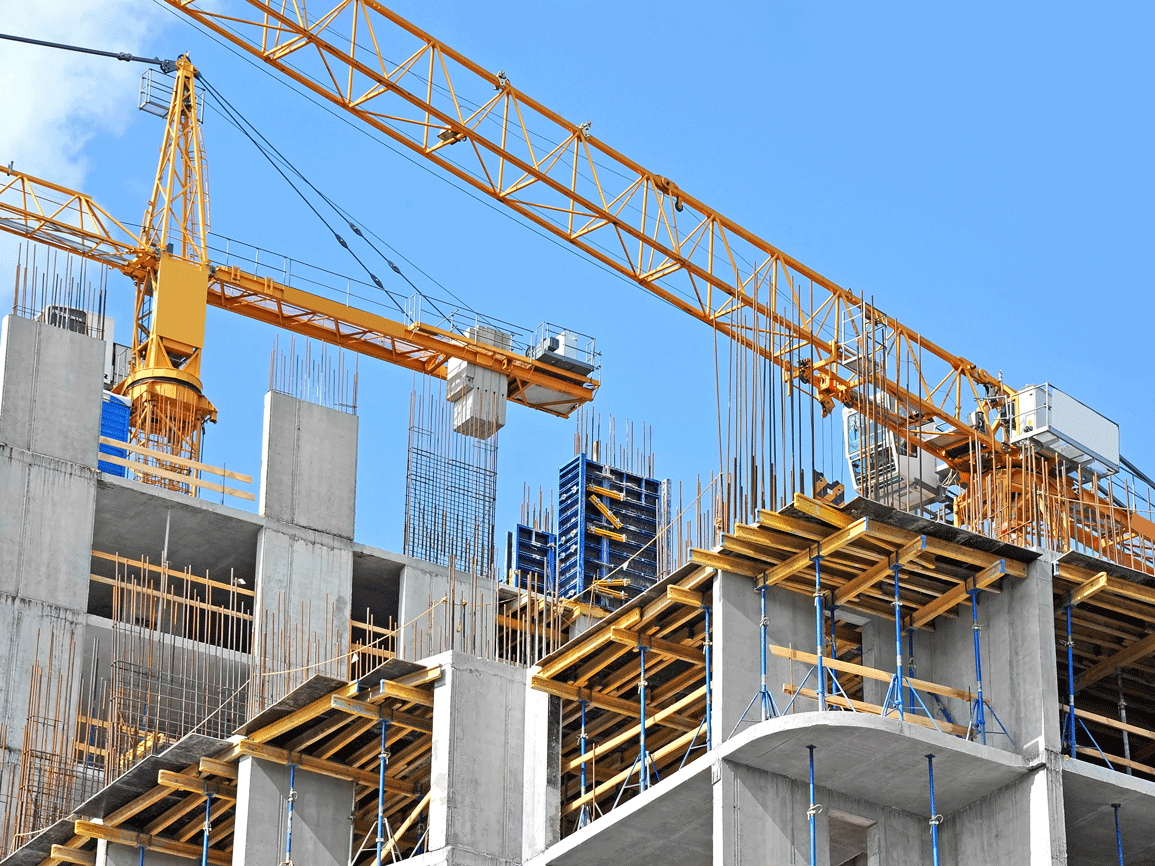26 June 2024
3 min read
#Property, Planning & Development, #Construction, Infrastructure & Projects
Published by:

On 21 June 2024, the Building, Development and Strata Legislation Amendment Regulation 2024 (BDSA Reg) was passed. This regulation delays the increase in the building bond amount from two to three per cent from 1 July 2024 (the scheduled effective date) to 2 November 2024, providing relief to developers and builders.
The Building Legislation Amendment Act 2023 (BLA Act), passed by Parliament in November last year, introduced amendments to several pieces of legislation regulating the construction industry including the Strata Schemes Management Act 2015 (NSW) (SSMA).
One significant change to the SSMA is the increase of the building bond amount from two per cent of the contract price for the building work to three per cent. Initially slated for 1 February 2024, this change was postponed to 1 July 2024 by the Strata Schemes Management Amendment Regulation 2024, and now further delayed to 2 November 2024 by the BDSA Reg.
The increase to the prescribed building bond amount supports the NSW Government’s aim to encourage the use of a decennial liability insurance (DLI) over a building bond.
DLI was introduced in November 2022 as a voluntary alternative option to the building bond scheme. It offers insurance to Owners Corporation against serious structural defects in strata buildings and provides 10 years of protection. In theory, DLI is a better alternative to the Strata Bond as it provides a decade of protection and is not an insurance of last resort.
Section 211AA of the SSMA provides that a developer that obtains DLI will not be required to obtain a building bond. However, at present there are limited insurers offering DLI to the market with Resilience Insurance being the first provider to provide coverage earlier this year in a form accepted by the NSW Government as an alternative to the building bond.
In the NSW Government’s Decennial Liability Insurance Ministerial Advisory Panel Advice to NSW Government discussion paper dated August 2022, the NSW Government flagged its intention to increase the building bond over time to encourage the industry to take up DLI.
However, the discussion paper assumed that a certain level of market maturity would exist before the building bond was increased. To this end, the discussion paper considered that the building bond would not increase to three per cent until two years after the first DLI product entered the market. The view now is that there should be at least two DLI products in the market before the bond is increased.
At the date of this article, only one DLI Product exists in the market.
The further extension for the increase in the building bond is considered by the industry as an acknowledgement by the NSW Government that market maturity for DLI does not yet exist.
Developers with buildings nearing completion should consider whether they can procure a building bond prior to 2 November 2024 to ensure that they are not affected by the increase. Developers should not assume that a further extension will be granted by the NSW Government.
Where it is not feasible to obtain a building bond before 2 November 2024, developers will need to consider the impact that the increased bond will have on its feasibility. As part of this analysis, developers may also wish to consider whether obtaining DLI is a more feasible outcome for the development.
We also note that some buildings already under construction may not be eligible for DLI as generally it is an insurance product that is obtained around the time the construction certificate is issued.
If you have any questions regarding these changes, please get in touch with our team below.
Disclaimer
The information in this publication is of a general nature and is not intended to address the circumstances of any particular individual or entity. Although we endeavour to provide accurate and timely information, we do not guarantee that the information in this article is accurate at the date it is received or that it will continue to be accurate in the future.
Published by: